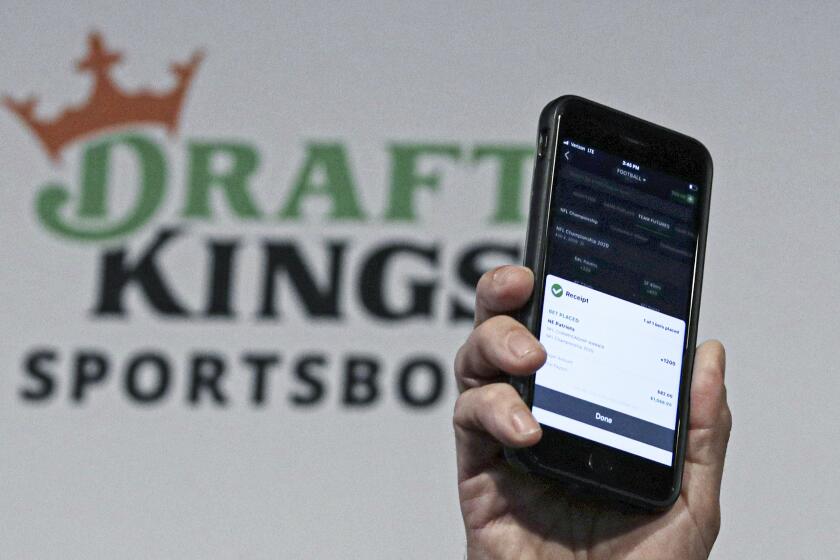Small businesses await stimulus, tax changes in new year
Small businesses trying to plan their finances for 2009 are finding the process complicated not only by the recession but by the uncertainty about what governments at all levels will be doing to stimulate the economy or make up for lost tax revenue.
Business owners are waiting to see how they might benefit under the stimulus plan that Barack Obama’s administration is expected to present soon after he takes office. Small businesses also face unknowns from their state and local governments. In some areas, for example, property taxes will be going up, which will affect companies whether they own or rent their premises.
“There is a possibility of some changes being made that could be beneficial, but they could be short-term,” said Bill Rys, tax counsel for the National Federation of Independent Business. “There could be an opportunity for a lot of savings, and you don’t want to miss that savings.”
Rys added, “We could see a lot of changes in a short amount of time.”
Among the questions is whether two business features of the 2008 economic stimulus plan will be extended or modified for 2009. One is the near-doubling of what’s known as the Section 179 tax deduction, which allows small businesses to deduct upfront the cost of equipment such as computers, cars, office furniture and manufacturing machinery. The deduction limit for 2008 was $250,000, up from an originally planned $128,000.
Also uncertain is the future of the 50% bonus depreciation, which gave business owners a more-generous-than-usual first-year deduction for capital equipment bought during 2008.
One certain federal tax change is a drop in the mileage deduction for vehicles used for business purposes. The IRS said the deduction is being cut to 55 cents from 58.5 cents in the second half of 2008. The government had increased the deduction from 50.5 cents because of the surge in gasoline prices.
It’s likely that a variety of tax proposals will be floated by lawmakers and business advocates. The National Federation of Independent Business is campaigning for the government to suspend payroll taxes -- employees’ and employers’ contributions to the Social Security system -- for six months.
The tax amounts to 6.2% of a worker’s salary. “We think this provides a really substantial stimulus effect,” Rys said.
But though there will be much talk of tax cuts, small businesses in cash-strapped states may see their taxes going up. “They’re trying to make up for lost revenue,” Rys said.
California, for example, is trying to close what’s expected to be a $42-billion shortfall over the next 18 months.
More to Read
Inside the business of entertainment
The Wide Shot brings you news, analysis and insights on everything from streaming wars to production — and what it all means for the future.
You may occasionally receive promotional content from the Los Angeles Times.









